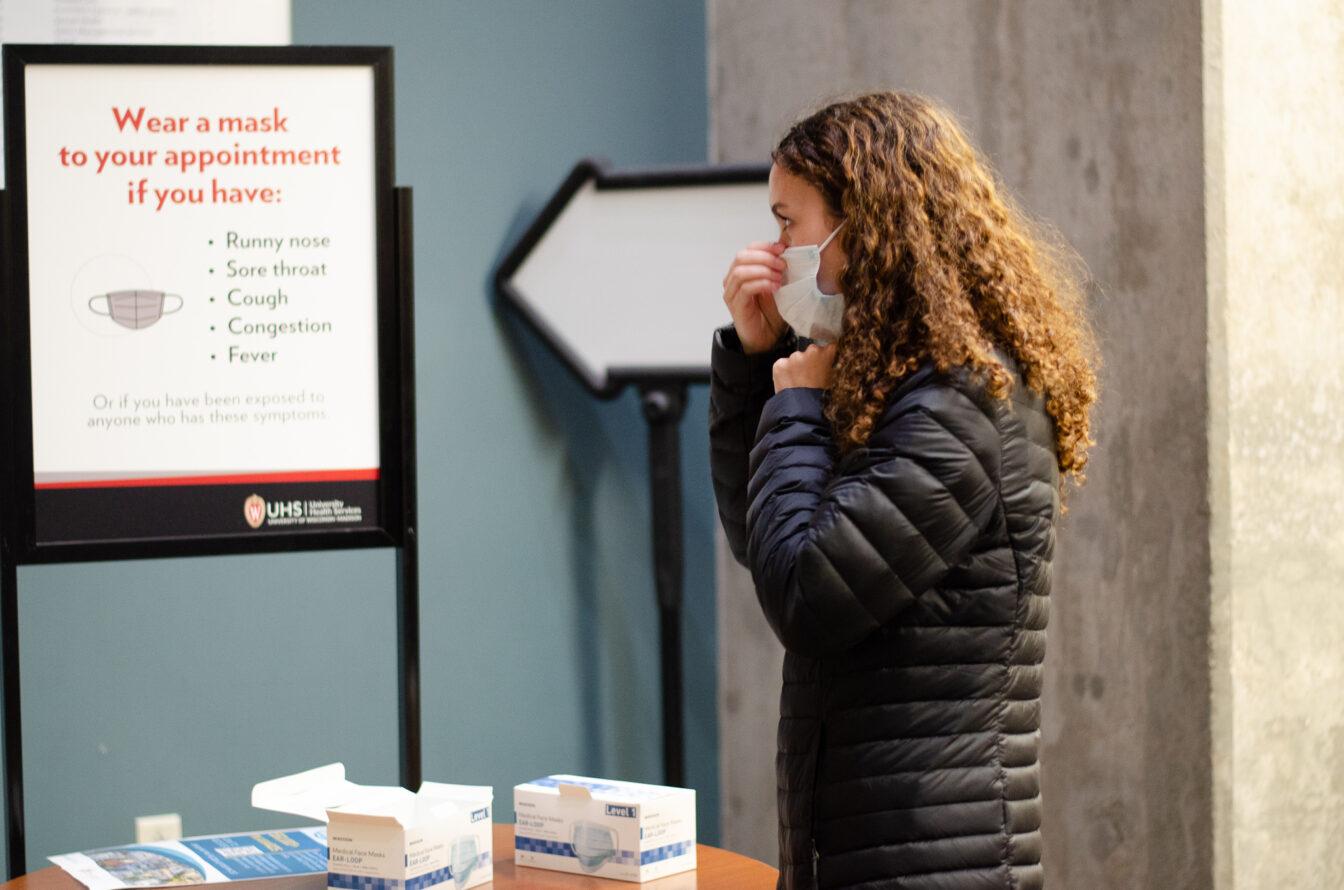University Health Services informed students living in University of Wisconsin’s Smith Residence Hall last week that an active case of tuberculosis has been identified in a former resident of the building, according to the Milwaukee Journal Sentinel.
University Health Services spokesperson Sarah Glapa confirmed in an email statement to The Badger Herald that the student tested positive for active tuberculosis on Jan. 30, but hasn’t been on campus since the end of the fall semester.
When a student on campus tests positive for tuberculosis, the epidemiology and UHS staff coordinate with Public Health Madison & Dane County to build a background of the students medical history — these include when the symptoms began, their travel history, and people they’ve come in close contact with, Glapa said in her email statement.
As the investigation progresses, UW officials will continue to identify people who may be at higher risk for contracting tuberculosis, including roommates, family members, close friends and classmates, Glapa said.
The risk of tuberculosis transmission is very low, however it increases after spending eight hours with an infected person, according to Glapa.
“UHS will directly notify community members who may be close contacts and provide recommended next steps,” Glapa said in her emailed statement.
The Milwaukee Journal Sentinel reported that UW has already contacted more than 700 people identified to have been in contact with the student.
UW School of Medicine and Public Health professor of microbiology Caitlin Pepperell said that although the disease is seen less in the United States than in other regions, the spread of tuberculosis is an extremely common global phenomenon.
In 2022, 8,300 cases of tuberculosis were reported in the United States, according to the Centers for Disease Control and Prevention. That’s out of a worldwide total of 10.6 million cases, according to the World Health Organization.
“Tuberculosis is the deadliest pathogen in the world, as the single infectious agent responsible for the largest number of deaths worldwide,” Pepperell said, adding that she isn’t surprised a case occurred on campus, given the size of UW’s student body.
Since 2013, Wisconsin has seen between 40 and 70 cases of tuberculosis every year, with 52 patients being diagnosed in 2022, according to the data from the Wisconsin Department of Health Services.
UW School of Veterinary Science professor Adel Talaat, also a an expert in microbiology, said travel abroad is an important risk factor for developing tuberculosis.
Talaat added that he isn’t too concerned about the recent case, mostly because tuberculosis isn’t so easily transmissible, but implored students to observe general hygienic measures.
“Usually infection happens when you have some close contact with an infected person and it can take a few weeks for the disease to develop in the immune system,” Talaat said. “If you know somebody in the vicinity who has active TB, try to use a mask and not be too connected with them.”


